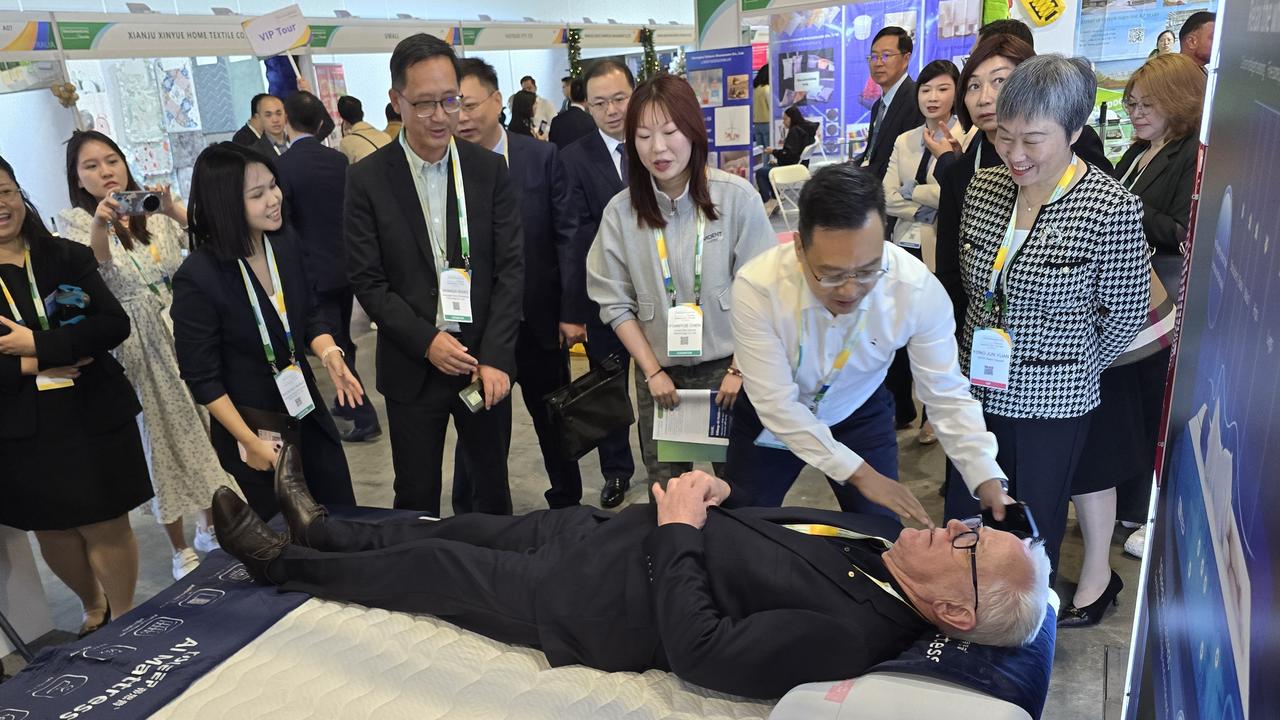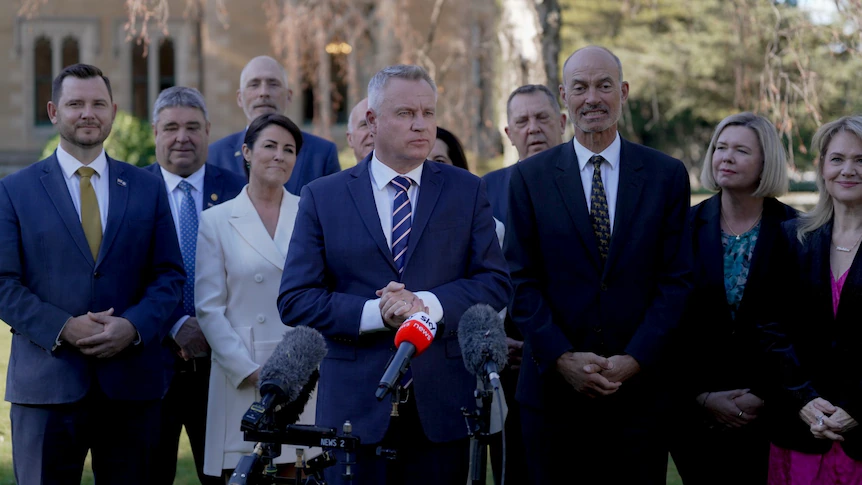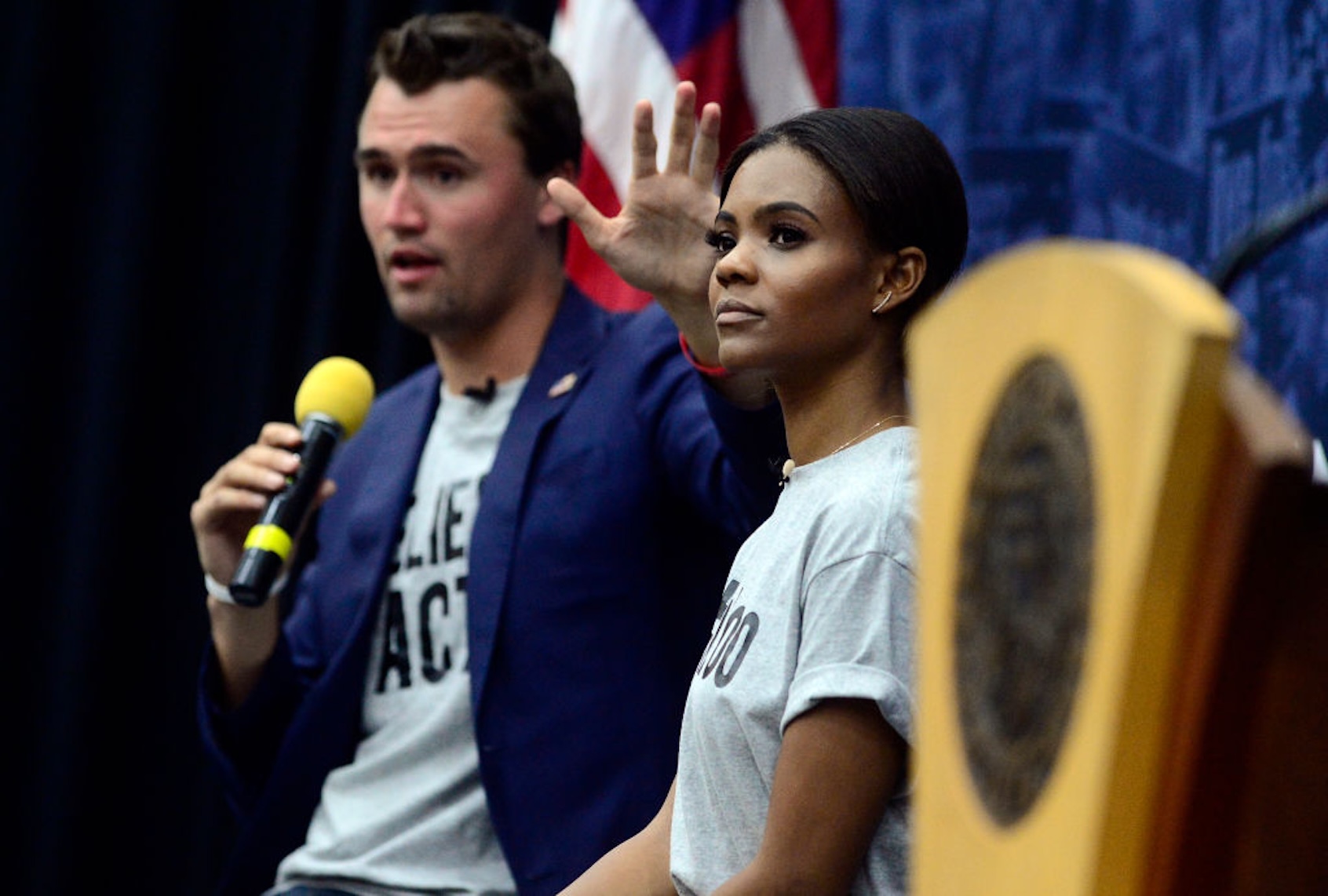By Frank Chung
Copyright news

The former Liberal Trade Minister was quite literally getting cozy with Beijing on Thursday as he tested out the hi-tech contraption, said to be all the rage at the moment, at the China Commodity Fair Australia (CCFA).
“It will adjust according to your different body contour or sleeping position in real-time,” said Yoyo Huang from Hunan-based Goodnight Home Furnishings.
“It can wake you up in the morning, the head lifts up and down. If you have difficulty falling asleep, we can turn on the sleep assist function.”
Ms Huang said since launching in 2023, AI mattress sales had grown to per-store sales of about 300,000 RMB ($64,000) a month.
The DSleep AI Smart Mattress, with an eye-watering recommended retail price of $10,000, is hoping to make its way into Aussie bedrooms soon.
“It’s popular [in China],” she said. “Last year, rarely we had customers asking for AI mattresses but this year many customers ask for it. In Shanghai many foreigners ask about this AI mattress … it’s a trend.”
Mr Robb was the guest of honour as he toured the floor surrounded by Chinese dignitaries at the International Convention Centre (ICC) in Darling Harbour.
The long-time China whisperer, who served as Trade Minister under Prime Ministers Tony Abbott and Malcolm Turnbull and now runs an Asia-focused trade consultancy, waved away concerns raised earlier this month by Mr Turnbull’s former cybersecurity adviser Alastair MacGibbon about possible threats posed by Chinese-made internet-connected devices.
“I’m as concerned about security as anyone, but, you know, there seems to be a preoccupation with finding a security problem with almost any product,” he said.
“We’ve got to do the cyber but not get paranoid about every little thing. This place is half full of electronics today. What, do we stop having toasters because it’s got AI in there? The bed that I laid on, it’s AI. Has it got transmitters in there?
“I mean, this is just feeding a fear which shouldn’t be there.”
Mr Robb, who orchestrated landmark free-trade deals with China, South Korea and Japan during his time in government, conceded “we’ve got to be mindful of the military capabilities of China, we’d be stupid not to”.
“But don’t spend your life as many people are trying to frighten the pants off Australians about China, reds under the bed and all this sort of thing,” he said.
“It is totally misplaced. Our military and security people should make sure we’ve got a deterrent, make sure our relationship with America and India and Japan … so we have an alliance and you’ve got a deterrent. That’s the best way of keeping peace, because no one can have any influence over the size of the military in China.
“Mr Trump should think about that too when he puts 54 per cent tariffs on India. India’s such a big part of our future alliance in the region along with Southeast Asia. They’ve all been pushed into China by Trump’s tariffs.”
The two-day expo, now in its second year, was organised by the PRC’s Trade Development Bureau of the Ministry of Commerce.
Pitched at local wholesalers, distributors, retailers, manufacturers and importers, the expo featured more than 200 companies from key regions including Zhejiang, Jiangsu, Shandong, Shanghai, Hunan, Fujian, Guangdong, Chongqing and Xizang, showing off their wares across a wide range of consumer products.
In one corner, Yiping Chen from Changzhou Fox Intelligent Technology scooted around on his “smart suitcase” — a normal-looking piece of luggage that transforms into a rideable electric buggy.
“This is a suitcase that people all over the world love,” he said, through a phone translation app.
One attendee, Sunil, said he was interested in becoming a retail wholesaler and was looking to source a product.
“This is my first time so I want to see the products, the quality, feel it,” he said.
“Decorations, homewares, gardening products — if I find something interesting I might go in deep and see.”
Trade tensions between Australia and China have all but thawed since relations soured during Covid under the former Coalition government.
In December, China lifted all bans on Australian beef, removing the last of its unofficial trade sanctions on products including wine, barley, cotton and rock lobsters imposed after the Morrison government called for an inquiry into the origins of Covid.
Total imports from China fell 0.8 per cent to $112.8 billion in 2023-24, although it remained by far the top source of products ahead of the US on $88.2 billion.
In the same period, Australia’s exports to China rose 4.4 per cent to $212.7 billion.
Mr Robb said the Beijing-sponsored expo was a testament to the “esprit de corps and the success at a commercial level” between the two countries despite the political tensions.
“Ten years ago our combined trade was $98 billion, today it’s $330 billion,” he said.
“Even though we had some political blips along the way, at a commercial level the relationship just keeps getting better and better. To be here with 200 of their businesspeople showcasing what they do, it’s just a demonstration how it continues to grow at a commercial level.”
He added that “in many ways it’s critical to maintain [political] stability because if people are getting on with one another, at a people-to-people level, they get to understand they’re no different to us and we’re no different to them in large part”.
“It helps stabilise relationships and it has an impact politically,” he said.
“I don’t say it dominates the politics, but it has a big impact … we’re dealing with millions of Chinese every day and they’re dealing with us. It builds relationships, it builds understanding, it builds trust, and that feeds into the political process and helps the political process.
“We’ve got different types of governments, we’re going to have tensions I think always, but we’ve got to manage those, and one way of really contributing to managing it is to have wonderful relationships, successful relationships.”
Mr Robb said it was clear from his consulting work that “businesspeople in China like doing business with Australians and vice versa”.
“There’s a bit of chemistry,” he said.
“But also they’re very professional nowadays in what they do in the trading sense … the supply chain stuff, it’s one thing to have a product and do a deal, but it’s in delivering that deal, getting it on ships and out to your warehouse and going through customs and all that paperwork.
“They do it to a tee, whereas many other companies still struggle. And if your container’s stuck on the port for a month, all the margin’s gone. [With the] Chinese it hardly ever happens, it’s so efficient.”



